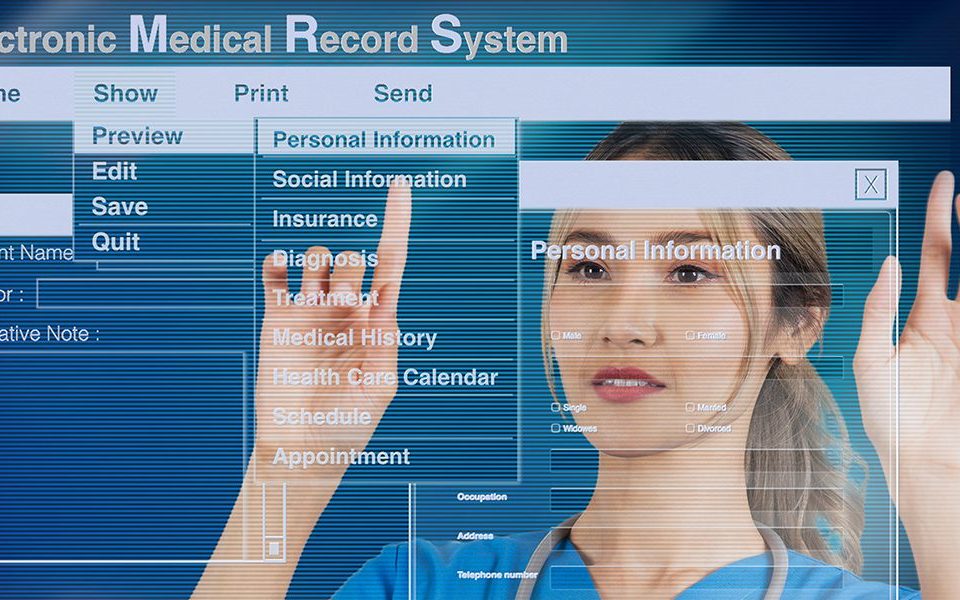- Home
- About Us
- EMR Features
-
-
- EMR Features
-
- Patient Health Features
-
- Clinic Features
-
-
- Specialties
-
- Blog
- Contact Us
Alembico EMR : Now SOC 2 compliant and ISO13485 certified
Why Healthcare Scheduling Software is Crucial for Mental Health Professionals

Mental health professionals operate in an environment where time management, client confidentiality, and personalized care are essential. With rising demand for therapy and psychiatric services, even a minor scheduling issue can disrupt patient flow and impact the quality of care. Healthcare scheduling software steps in as a vital tool, helping manage appointments, reduce administrative tasks, and secure and streamline client-centric care. Having reliable medical scheduling software can make day-to-day operations far less overwhelming for therapists, counselors, and support teams.
1. Managing High Appointment Volume with Precision
Mental health practices often run on packed schedules—regular follow-ups, recurring sessions, and emergency appointments are common. Relying on outdated or manual methods can result in double bookings or missed slots. Clinic scheduling software can help practices manage high appointment volume with real-time availability, automated booking workflows, and built-in time buffers. This improves time management and ensures each client gets the attention needed without delays.
2. Minimizing Missed Appointments Through Automated Reminders
No-shows can hurt both clinic efficiency and client progress. Medical office scheduling software can automatically send appointment reminders via SMS or email, significantly reducing missed sessions. Clients stay informed, and front-desk staff spend less time on manual follow-ups. This one feature alone can save hours each week while improving attendance rates.
3. Supporting Confidentiality and Compliance in Scheduling
Mental health records require special care. Booking tools must meet strict privacy regulations while handling sensitive client data. Secure healthcare scheduling software protects client information with role-based access, encrypted databases, and audit trails. This ensures scheduling complies with industry standards while respecting the confidentiality crucial to mental health services.
4. Enabling Seamless Telehealth Integration
Virtual care has become a core part of mental health delivery. Scheduling for telehealth requires coordination between time zones, platforms, and session types. Medical scheduling software with integrated telehealth links lets clients join appointments directly from reminders or portals. It syncs sessions, notifications, and documentation on a single platform.
5. Enhancing Client Experience Through Self-Booking Options
Mental health clients value flexibility and control. Clinic scheduling software allows clients to view availability and book appointments online without needing to call in. This reduces wait times and scheduling backlogs and provides a smoother, more private booking experience, especially for those managing anxiety or social discomfort.
6. Simplifying Administrative Work for Therapists and Support Staff
Paper-based or disjointed systems drain time from therapists and administrative teams. With medical office scheduling software, appointment tracking, rescheduling, and follow-ups become a few clicks instead of a full-time task. Staff can shift focus from data entry to supporting clients and improving service quality.
7. Real-Time Data and Insights for Better Resource Planning
Access to real-time data on appointment trends, cancellations, and session durations allows clinics to plan smarter. Well-structured medical scheduling software provides these insights on demand, helping allocate rooms, optimize staff availability, and forecast future needs.
Streamlining Care with the Right Tools
Mental health practices need more than just a calendar—they need a solution that simplifies, secures, and strengthens care delivery. With well-designed healthcare scheduling software, mental health professionals can stay organized, serve clients better, and reduce stress for everyone involved. Alembico EMR offers a complete, secure clinic scheduling software solution designed for the real challenges of mental health practices. Contact Alembico today to simplify scheduling and improve care from the first click to the final session.
Also read:
Why Cloud-Based Healthcare Scheduling Software is Becoming the Industry Standard
Tags: EMR systems used in healthcare, healthcare scheduling in the software, Healthcare SoftwareRelated posts
June 21, 2024



